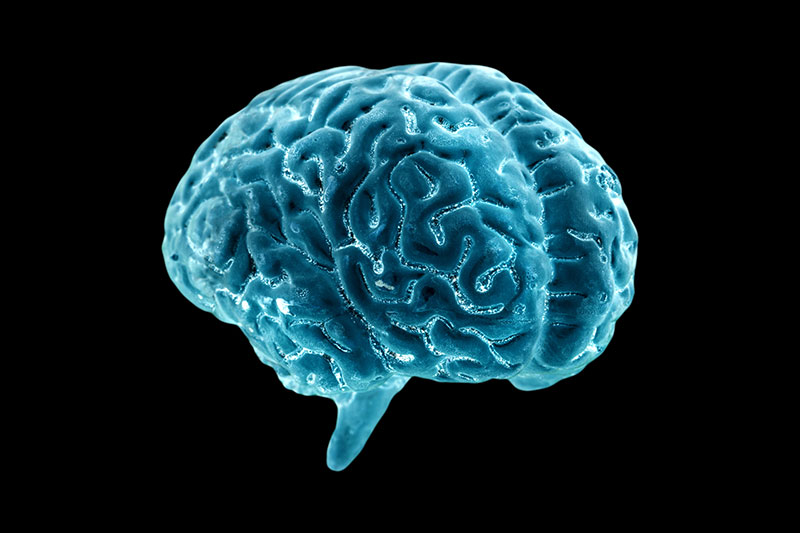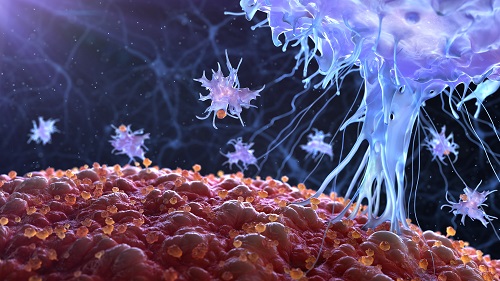Fred Hutch News Service (December 19, 2019)
Checkpoint inhibitors are amongst the best treatment methods for lung cancer and numerous studies and trials are being conducted to further develop these immunotherapy drugs. However, these forms of treatment only help a small amount of lung cancer patients and doctors have a hard time determining which patients the treatment will or will not help.
A new study lead by Dr. McGarry Houghton, a lung cancer immunologist at Fred Hutchinson Cancer Research Center, attempted to figure out if there were commonalities amongst the tumors in those that did not benefit from checkpoint inhibitors, and he and his team published their findings in the journal JCI Insight.
Interestingly, Houghton found that neutrophils, the most common type of white blood cell, was the reason for the treatment’s failure. When neutrophils outnumbered disease fighting T cells, checkpoint inhibitors did not curb the patients’ cancers. But when tests were done on mice with non-small cell lung cancer (NSCLC), the researchers first gave drugs that decreased the amount of neutrophils in and around tumors, and in turn there was a clear boost in the effectiveness of the checkpoint inhibitors.
Dr. Houghton and his research team are currently working to test this immunotherapy on human NSCLC patients, and hope that this research can make significant progress in providing those with NSCLC with personalized immunotherapies that increase their possibility of beating lung cancer.















Leave a Reply